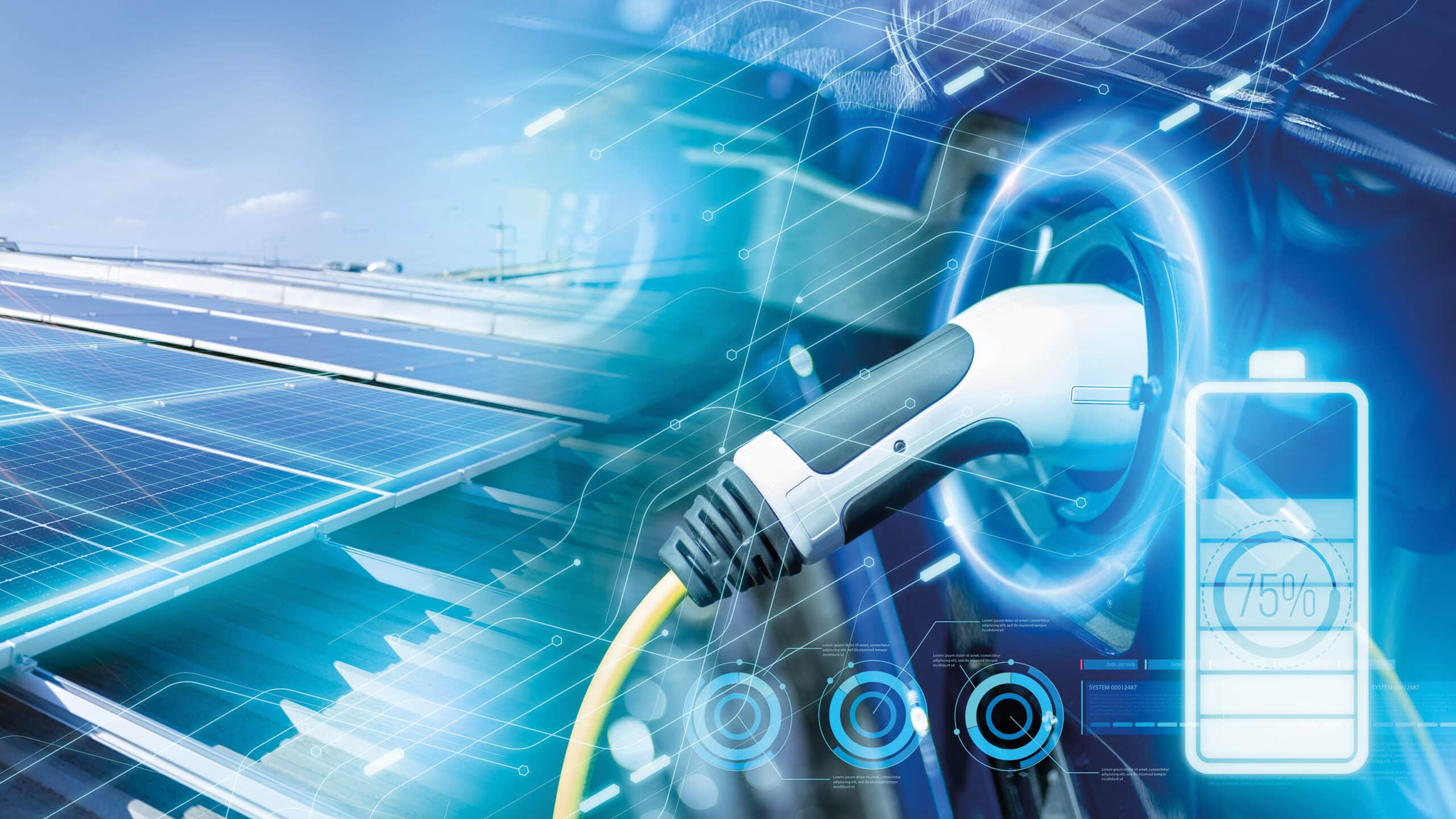The replacement of fossil fuels with renewable energies and thus the entire energy transition can only succeed in Germany and worldwide if storage technologies continue to improve. This applies on a large scale to energy storage systems that compensate for the natural fluctuations in wind and solar power in order to ensure a nationwide and permanent supply of climate-neutral energy. But innovations are also needed in the field of batteries, which provide the energy for electromobility and also for smartphones and other devices, in order to increase acceptance and suitability for everyday use.
Lithium-ion batteries are currently the most widely used type of battery in a wide range of applications. However, the increasing demand for lithium batteries is leading to problems with the procurement of raw materials and components. It is therefore necessary to develop alternative cell concepts based on raw materials that are more readily available and ensure a safe, sustainable and cost-efficient supply of high-performance batteries. These batteries are also known as post-lithium batteries and are based on sodium, calcium, potassium, magnesium or zinc, for example.
Dem Referenten, Prof. Dr. Maximilian Fichtner, sind mit seiner viel beachteten Forschung zu nachhaltigen Batteriespeichern mehrere wegweisende Durchbrüche im Bereich der Speichertechnik gelungen. Er ist Chemiker und Direktor des Helmholtz-Instituts Ulm für Electrochemische Energiespeicherung (HIU) und Professor für Festkörperchemie an der Universität Ulm. Er ist Sprecher einer der größten F&E-Plattformen im Energiebereich CELEST (Center for Electrochemical Energy Storage Ulm-Karlsruhe) und des Exzellenzclusters zur Batterieforschung POIiS.
Professor Fichtner will give an overview of existing storage systems and innovative approaches for the energy storage systems of the future.
